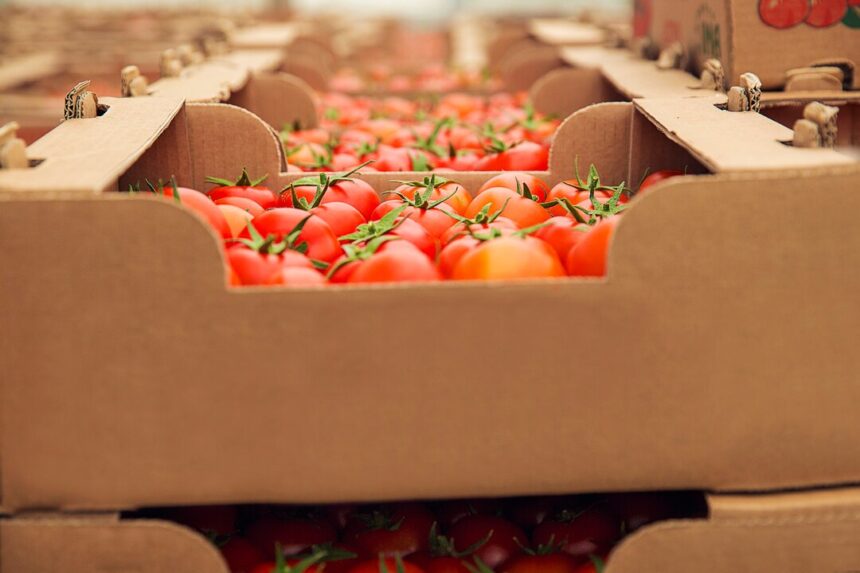South Africa boasts a rich and diverse agricultural landscape, characterized by fertile lands and a favorable climate, which allows for the cultivation of a wide variety of fruits, vegetables, grains, and other produce. With its abundance of natural resources and agricultural expertise, the country has significant potential to become a major player in the global export market. However, while there are ample opportunities for South African producers to expand their reach internationally, there are also several challenges that must be addressed to fully realize this potential.
Opportunities
- Diverse Range of Produce: One of South Africa’s greatest strengths lies in its ability to grow a wide variety of produce throughout the year. From citrus fruits like oranges and grapefruits to avocados, grapes, and subtropical fruits such as mangoes and litchis, the country’s agricultural sector offers an array of high-quality products sought after by international markets.
- Strategic Location: Situated at the southern tip of the African continent, South Africa enjoys proximity to key global markets in Europe, the Middle East, and Asia. This strategic location provides a competitive edge in terms of transportation and logistics, reducing time and costs associated with shipping produce to overseas destinations.
- Quality and Safety Standards: South African producers adhere to stringent quality and safety standards, ensuring that their products meet the requirements of discerning international consumers. Compliance with global food safety regulations enhances the country’s reputation as a reliable source of high-quality agricultural produce.
- Trade Agreements: South Africa has entered into various trade agreements with countries and trading blocs around the world, facilitating easier access to international markets. Agreements such as the African Continental Free Trade Area (AfCFTA) and trade partnerships with the European Union (EU) offer preferential trade terms, reducing tariffs and other trade barriers for South African exporters.
Challenges
- Infrastructure and Logistics: Despite its strategic location, South Africa faces challenges related to infrastructure and logistics, including inadequate transportation networks, port congestion, and inefficiencies in the supply chain. Poor infrastructure can lead to delays and increased costs, affecting the competitiveness of South African produce in the global market.
- Pest and Disease Management: Pest and disease outbreaks pose a significant threat to South Africa’s agricultural sector, potentially disrupting production and export activities. Strict biosecurity measures are necessary to mitigate the risk of pest and disease transmission, safeguarding the country’s reputation as a reliable supplier of safe and healthy produce.
- Market Access Barriers: While trade agreements provide preferential access to certain markets, South African exporters still face barriers such as tariffs, quotas, and non-tariff barriers imposed by importing countries. Compliance with complex regulatory requirements and certification procedures can be costly and time-consuming, particularly for small-scale producers.
- Climate Change and Water Scarcity: Climate change and water scarcity present long-term challenges to South Africa’s agricultural sustainability. Erratic weather patterns, prolonged droughts, and water shortages threaten crop yields and productivity, necessitating innovative solutions such as drought-resistant crops, efficient irrigation practices, and sustainable water management strategies.
Exporting South African produce offers significant opportunities for growth and economic development, driven by the country’s agricultural diversity, quality standards, and strategic location. However, realizing this potential requires addressing key challenges related to infrastructure, pest and disease management, market access, and climate change resilience.
To unlock the full potential of South Africa’s agricultural exports, concerted efforts are needed from government agencies, industry stakeholders, and the private sector to invest in infrastructure development, strengthen biosecurity measures, streamline trade processes, and promote sustainable agricultural practices. By overcoming these challenges, South Africa can position itself as a leading exporter of high-quality produce, contributing to global food security and economic prosperity.







